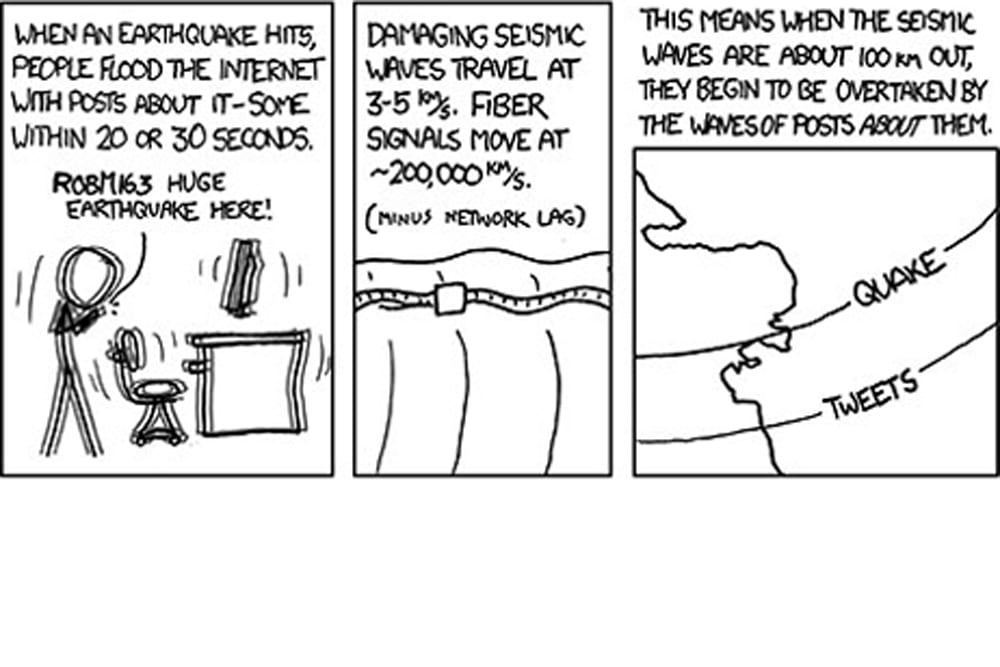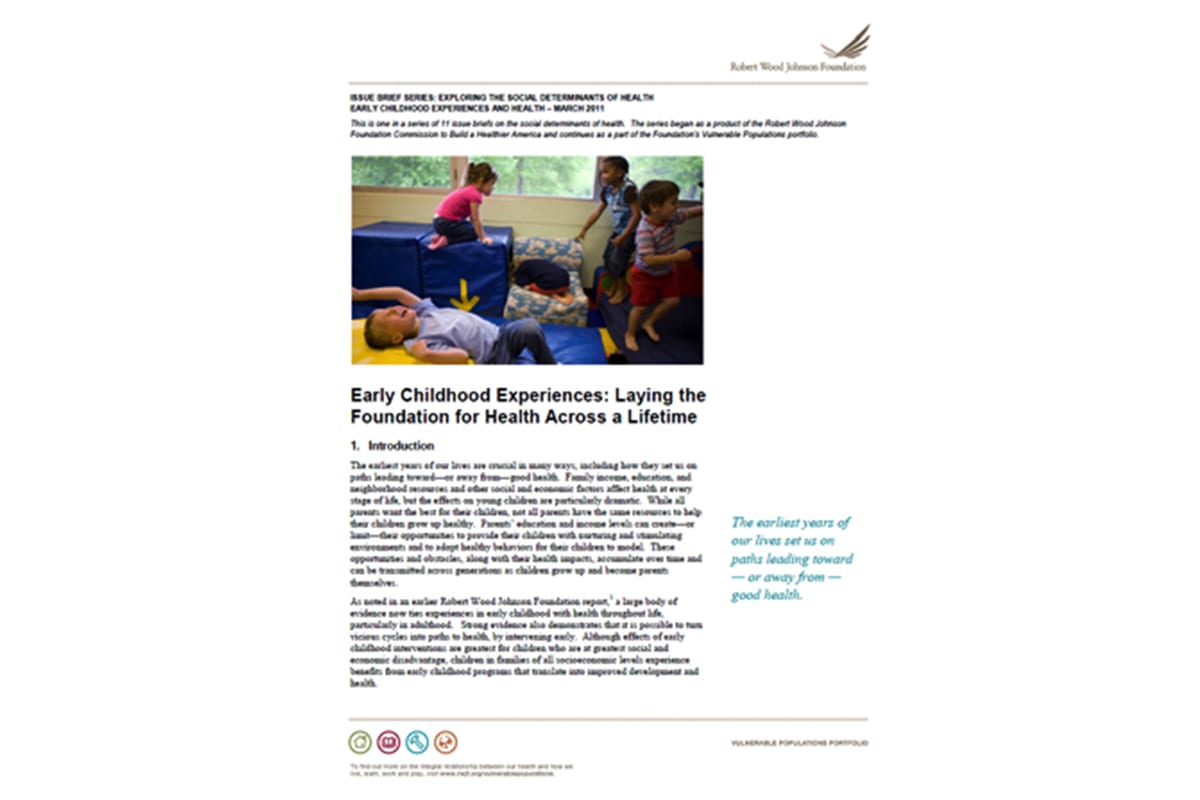Bioethics Commission Scrutinizes Research Involving Human Subjects

The Presidential Commission for the Study of Bioethical Issues held a two-day hearing in Washington, D.C. where it revealed findings from its investigation into research abuses in Guatemala in the 1940s. The investigation is part of a larger inquiry by the Commission into whether current research standards adequately protect people participating in scientific studies from harm and unethical treatment.
Making (Seismic) Waves with Social Media

Remember what a powerful medium social media is for promoting your work far and wide… and sometimes fast.
Hope in the Fight Against Malaria

Malaria could be reduced to a minor concern—maybe even eliminated—in the next decade if funders are able to sustain or slightly increase the money they’ve offered in the previous two decades.
The Crisis of Withering Wheat and the Need for Crop Biodiversity

Roughly 90 percent of the world’s wheat varieties are defenseless against a virulent, fast-moving strain of stem rust fungus that is ravaging crops in parts of Africa, drifting into the Middle East and could soon threaten the breadbaskets of India and Pakistan. A key weapon in fighting the disease is crop diversity.
Making Health Policy Pop: An Example from the News
The story is ultimately about shared decision making—a model of care that informs and includes patients in decisions about their care. The takeaway message is clear: by informing patients, we can avoid wide variations in care and ensure that the best choices are made regardless of financial incentives that may exist for the doctor.
TED Talks: Learning to Give Memorable Presentations

We often talk in our workshops about the need to be a student of the media to improve your interviewing skills. This holds true when it comes to improving your presentation skills as well—and TED.com is one of the best classrooms available.
An Early Warning System to Help Fight Cholera

Across the developing world, cholera—which hasn’t seriously threatened the U.S. for a century—is a major problem. That’s not likely to change soon. In fact, it is likely to become an even greater scourge. People are still going to suffer. But today, a new early warning system is promising to reduce suffering and deaths from the disease by predicting outbreaks before they start.
Artfully Answering the Wrong Questions with the Right Answers

Robin Hanson asks in a recent post on her blog Overcomingbias, “Why is modest question evasion so often tolerated in TV and radio interviews?” Her question was sparked by a study in the Journal of Experimental Psychology’s April Issue that found that listeners often won’t notice discrepancies between the question that was asked and the answer that is delivered as long as it is done smoothly and confidently.
Providing Context to Your Work: Pairing Your Research Findings with a Compelling Message
People often confuse their research findings with a “message.” To reach your audiences effectively, you need both.
Looking Beyond Health Care—the Social Factors That Affect Health

We know that education is important, that a better job and more income can improve our lives, and that living in a neighborhood with sidewalks and grocery stores is convenient. What we don’t often consider is how all of these … Continue reading Looking Beyond Health Care—the Social Factors That Affect Health
